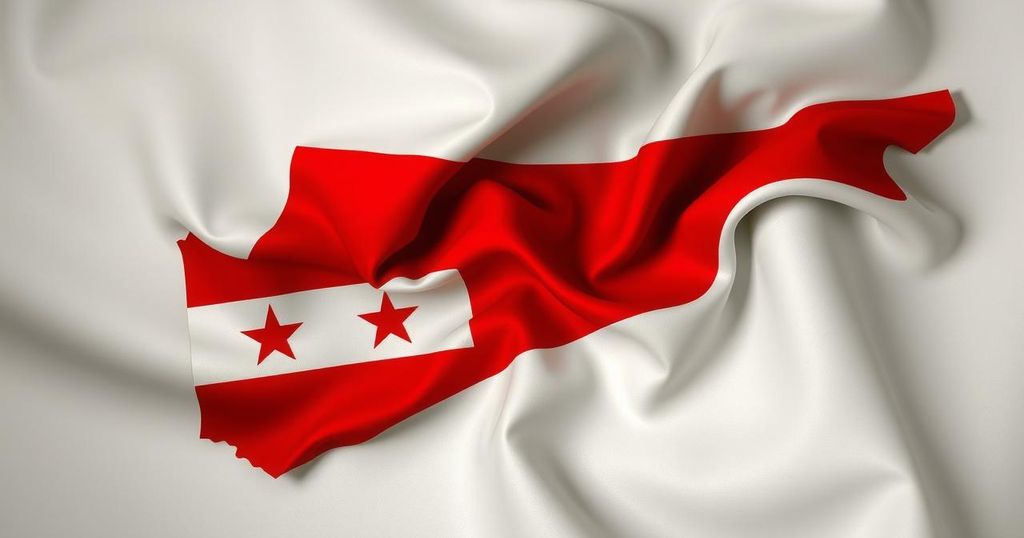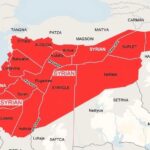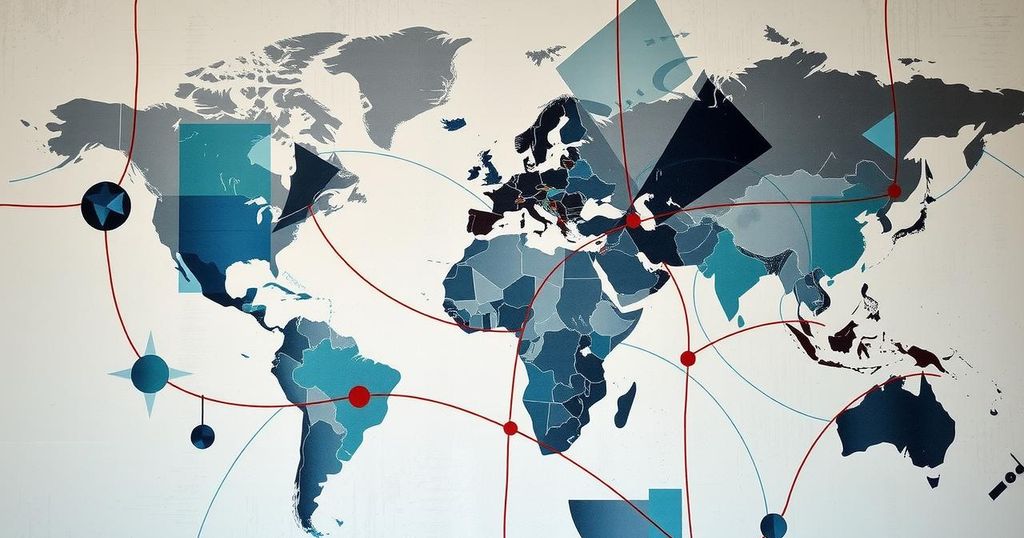Russia’s Reaction to Assad’s Downfall Amid Ongoing Syrian Conflict
The Kremlin remained silent after Islamist-led rebels seized control of Damascus, forcing President Assad to flee Syria and ending decades of Baath rule. While Moscow monitors the situation, it stresses a non-interventionist strategy in potential civil conflict and emphasizes the safety of Russian citizens. Russia engages with regional allies to maintain stability amid rising tensions with rebel factions like Hayat Tahrir al-Sham.
On a recent Sunday, the Kremlin largely refrained from responding as Islamist-led forces proclaimed their control over Damascus, prompting President Bashar al-Assad to flee and marking the end of the Baath regime that has ruled Syria for nearly fifty years. Despite President Vladimir Putin’s prior support for Assad through military intervention in 2015, he has remained silent following these recent developments. The Russian Foreign Ministry announced that it is diligently monitoring the situation, advocating for the resolution of conflicts through peaceful negotiations. They emphasized that Moscow has not participated in any recent discussions regarding Assad’s resignation and subsequent transition of power, although they remain in contact with various Syrian opposition groups.
The Russian Embassy in Syria confirmed that its personnel are safe, and Senator Konstantin Kosachev outlined the critical priorities of ensuring the safety of Russian citizens in Syria. He noted that any future support would be contingent on the Syrian populace’s needs and will not extend to an all-out civil conflict, underscoring that Syrians must manage their circumstances independently. Additionally, Russian military facilities in Syria, particularly in Tartus and Khmeimim, have been put on heightened alert as the situation evolves.
Further discussions among Russia, Iran, and Turkey were conducted to avert chaos in Syria following the rebel advances. Foreign Minister Sergei Lavrov reiterated the imperative that Syria must not fall under the control of what he termed a ‘terrorist group,’ specifically referencing Hayat Tahrir al-Sham, which has emerged as a dominant force in the recent conflict. The increasing instability and the takeover of Damascus by HTS necessitate a cautious response from Russia to safeguard its interests in Syria while navigating the delicate balance of opposing factions.
The context surrounding Russia’s involvement in Syria is steeped in complex geopolitical dynamics. Since 2015, Russia has played a significant role in supporting the Assad regime militarily, asserting its influence in the region and countering Western interventions. As the Syrian civil war has evolved, so too have the factions involved, including the emergence of Islamist groups like Hayat Tahrir al-Sham, which poses a threat to both the Assad government and regional stability. Russia’s strategic interests in Syria include maintaining military bases vital for operations in the Mediterranean and safeguarding its citizens present in the region. The recent developments signify a pivotal moment in the Syrian conflict and highlight the intricate web of alliances and enmities at play.
In conclusion, the recent seizure of Damascus by Islamist-led rebels has significant ramifications for both Syria and Russia’s strategic ambitions in the region. While the Kremlin has chosen to remain largely silent, it is actively monitoring the situation and asserting its influence through diplomatic channels. The emphasis on safeguarding Russian citizens and military interests underscores the complications arising from the ongoing civil conflict. The evolving power dynamics within Syria will continue to challenge Russia’s engagement and may alter its long-standing support for President Assad. As these events unfold, the international community watches closely, awaiting Russia’s next move in this turbulent landscape.
Original Source: www.themoscowtimes.com








Post Comment